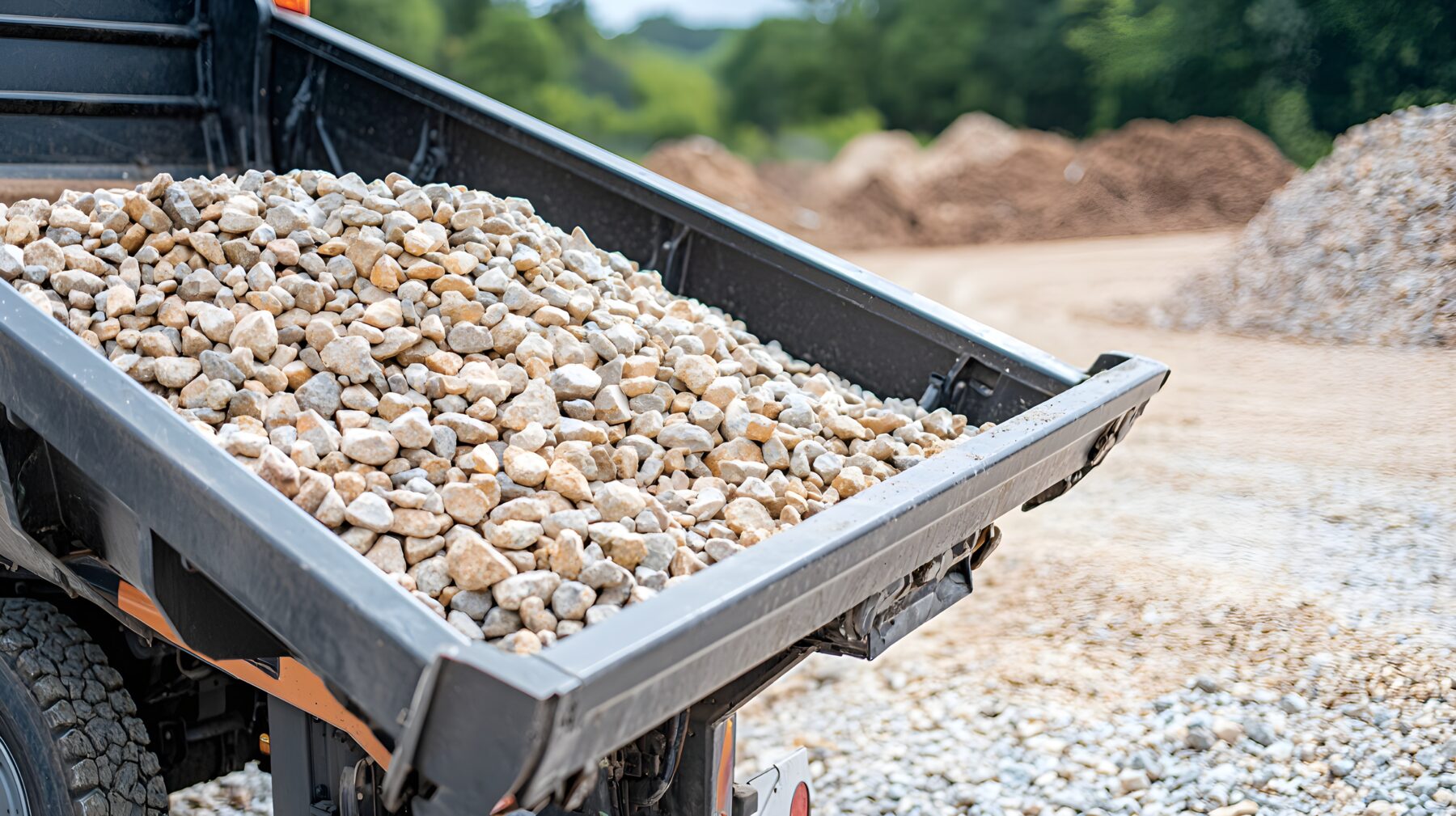Smart Gravel: Using IoT-Enabled Technology to Revolutionize Construction Monitoring
October 30, 2024

The creative application of Internet of Things (IoT) technology is transforming the construction sector. “Smart Gravel” is an IoT-enabled aggregate material that offers real-time data to monitor construction sites. This new strategy represents a substantial step toward more intelligent and effective building procedures. The whole purpose of Smart Gravel is to improve safety, maximize resources, and expedite project timeframes.
The Construction Industry’s Use of Smart Gravel
For a long time, traditional aggregate and gravel have been used for building foundations. However, these materials have mostly been fillers or support structures, with a passive role. By integrating tiny IoT sensors into aggregate materials, Smart Gravel changes this dynamic. These sensors continuously gather information from variables such as temperature, moisture content, and pressure. Project managers can make proactive modifications and decisions by using this data to get instant insights into site circumstances.
Monitoring in Real Time for Improved Safety
In the construction industry, safety is extremely important, and real-time monitoring may decrease hazards. By using sensors to transmit real-time data to a centralized platform, Smart Gravel gives users the most recent information on the condition of basic materials. Teams can be warned of possible risks before they become serious problems as well as keep track of changes in pressure and ground stability. With the ability to respond quickly, accidents and expensive delays can be avoided.
Simplifying the Efficiency of Projects
In addition to increasing safety, Smart Gravel is essential for increasing construction projects’ efficiency. Teams can minimize downtime and enhance resource allocation by utilizing real-time data. For instance, depending on the state of the aggregate, Smart Gravel can assist in determining when it is best to add further ingredients or pour concrete. This degree of accuracy guarantees that every stage of construction is carried out as efficiently as possible.
Furthermore, labor quality, material scheduling, and site coordination can be streamlined by having real-time insights. Teams can now determine site preparedness without waiting for physical inspections or depending solely on static deadlines.
Minimizing the Effect on the Environment
Construction is placing more emphasis on sustainability. Smart Gravel encourages green practices by reducing resource waste. Concrete, water, and other construction materials can be used more effectively because of the precise adjustments made possible by data through Smart Gravel. Construction teams may drastically cut down on material waste by making the best use of their resources and minimizing the environmental impact of each project.
Additionally, Smart Gravel improves drainage system and water consumption monitoring. Teams can monitor water flow and retention using sensors implanted in the aggregate, making sure that any surplus moisture is appropriately managed. This is particularly important in areas that frequently get high rainfall and water accumulation.
Benefits of Infrastructure Management in the Long Run
Smart Gravel has advantages that go beyond a single use. The IoT sensors embedded in the aggregate can continue to offer useful data for the duration of the building project. For example, facility managers can do maintenance by detecting early indicators of structural degradation through long-term monitoring of pressure and moisture levels.
This functionality is very helpful for major infrastructure projects like building tunnels, bridges, and highways. While guaranteeing that maintenance is carried out at the appropriate times, continuous monitoring with Smart Gravel can reduce costly, inconvenient inspections. As a result, infrastructure can remain safe for longer periods of time and manage expenses.
Encouraging Technological Innovation in Construction
With the integration of Smart Gravel, the construction industry is moving in a more innovative direction. Construction businesses will be better prepared to tackle the growing complexity of current projects. These technologies aid in cost control and the achievement of sustainability objectives, in addition to raising the safety standards of construction.
The possibilities for enhancing project outcomes and lowering environmental impact will only increase as the construction industry continues to adopt IoT-enabled solutions like Smart Gravel, setting a new benchmark for building in the future.
